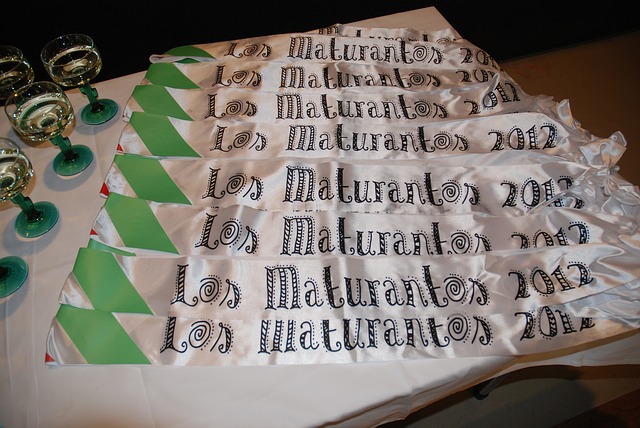The establishment of a Maths Compulsory GCSE has been under consideration for years. However, it has yet to be enacted. Many secondary schools do not have very high levels of teaching in mathematics, and pupils find the issue particularly difficult.

The main question is whether the test will be a standardized test common to all secondary schools and grammar schools, as it is for Czech, or whether the schools themselves will prepare the test. It should be taken into account that the mathematical abilities of students in the final year of high school are somewhat different from those of fourth graders in areas where mathematics is less emphasized.
After all, it is the subject in which mathematics graduates most often fail. Today, students can choose to graduate in mathematics or in a foreign language (often English). After all, most employers require knowledge of a foreign language, and the certificate of admission can attest to that. Of course, there is also the option of graduating with an elective, i.e., both math and a language, but few students choose this option.23]

The question is what costs would be incurred if a mandatory requirement for this subject were introduced? It is necessary to. First of all, the educational system would have to change, since most schools do not usually prepare their students for the entrance examinations. Second, there is the cost of preparing the exam questions themselves. In the case of standardized exams, the cost would be borne by the state, i.e., the taxpayers. If it is the responsibility of the schools, the cost would be borne by each secondary school. 32]
The question is why it is beneficial to make math skills mandatory. The main argument is to increase enrollment levels, reduce the number of secondary school students, and in turn, increase the number of teaching students. Given the looming shortage of skilled workers, this is certainly necessary. However, job postings indicate that most employers require at least an entrance exam. This makes it less likely that apprenticeship graduates will be able to find work. This is one reason why the vast majority of ninth graders prefer to obtain a high school diploma and continue on to post-secondary institutions.
But will a degree in mathematics help graduates in their future lives? Will it help them to get a job or go to university? This is one of the main reasons why students overwhelmingly oppose making math GCSEs compulsory. We know that it will help in language admissions, and we know that it will help in finding a job. But it is an unnecessary burden for them, unless they want to go to a university with a major that requires math. And for those who want to go to such a university, they have the option of taking a final exam in mathematics.
To me, this new requirement imposes far more costs, both financial and time, than the resulting benefits. If one wants to raise the standard of the entrance exam, it is possible to make the current exam more difficult while keeping mathematics as an elective along with Japanese.
.
